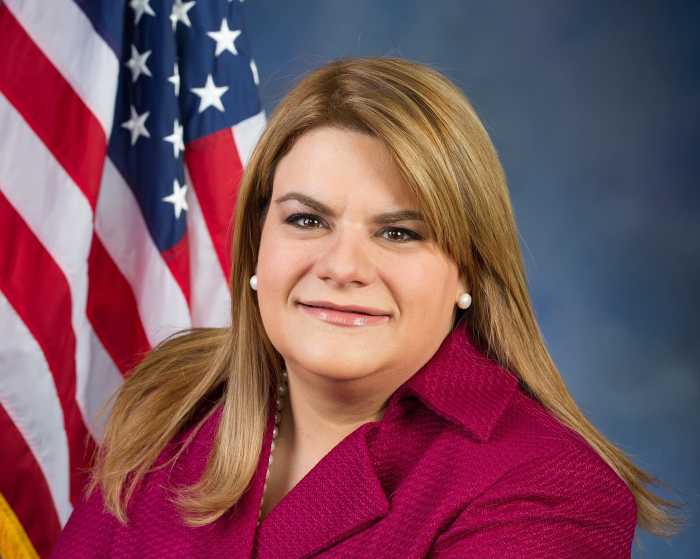The full employment program for credit counselors is scheduled to start in October, when the revisions in the U.S. bankruptcy code take effect.
The new law falls heaviest on the middle class. If the government determines that you are capable of repaying $6,000 in debts, it will be difficult to write off your debt and get a fresh start. The current law allows consumers hard pressed by health costs, unemployment, car bills, or bad decisions to make their debts disappear. This protection will continue for the poor, but a person in a middle class job will now discharge debts under Chapter 13, a supervised repayment plan.
Under a Chapter 13 bankruptcy, a portion of wages or other regular income sources must be devoted to paying debts. The bankruptcy court must approve the repayment plan and the debtor’s budget. A trustee will collect the payments, pay the creditors, and make sure the debtor lives up to the terms of the repayment plan. The U.S. Bankruptcy Court will use a formula to determine how much money the Chapter 13 debtor can spend for daily expenses and how much goes to debt payments.
The formula is unlikely to take into account such things as the high costs of rent in New York City. People in financial trouble may find themselves being forced to move into apartments at a cheaper rent in order to live within the limits set by the formula. The Bankruptcy Abuse Prevention and Consumer Protection Act of 2005 replaces the abolition of debt with a court- ordered repayment plan.
Before you can be discharged from bankruptcy, the debtor must also visit a credit counselor because in conservative ideology, your costs exceeded your income due to personal mistakes—even if the cause was $30,000 in unanticipated medical expenses. Debts can only be discharged if the debtor completes a financial management instructional course. It would be funny if it weren’t so harsh. Elizabeth Warren, a Harvard Law School professor, who waged a desperate battle against the new bankruptcy law, told the MSN money Web site that it ”is just one more signal that women need to take care of themselves first. The safety net is shrinking, and women can’t count on anyone other than themselves.”
Gay males will find themselves in a similar predicament if they have no dependents; it will be presumed they can repay old debts—especially credit card debt. Anyone in financial trouble needs to decide before October 17—six weeks from now—if they want to use the old law to get a fresh start.
For those who wait, the credit counseling provision worries consumer advocates. There are many dishonest operators masquerading as non-profits. The problem is so great that the IRS had a special unit reviewing fraudulent non-profits that called fees “donations.” The U.S. Department of Justice is drafting the new guidelines for the law. It has received a thousand applications from agencies wishing to provide the counseling.
By law, these credit counselors can only charge $50, a number so low that the unscrupulous have felt invited to devise schemes that bring in more dollars. Honest operators will probably use large group sessions or Internet counseling in order to live within the $50 fee. Consumers should beware of additional “services” that cost extra money above and beyond the burdensome debts.
Of course, the debtor avoids these problems by filing now while the more liberal law is still in effect.
gaycitynews.com


































